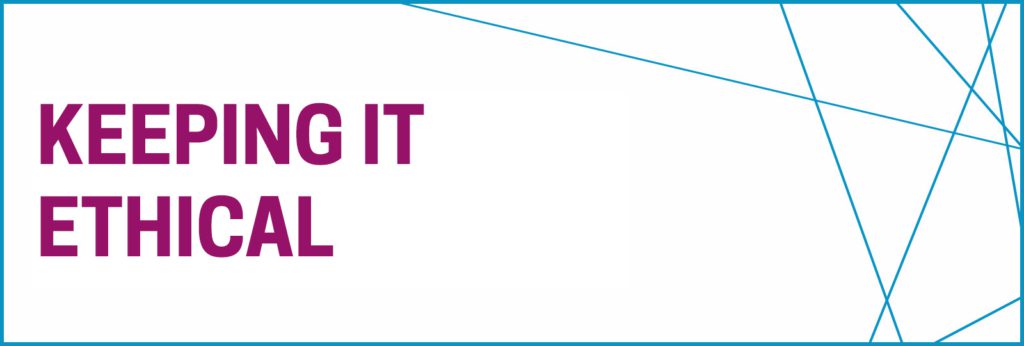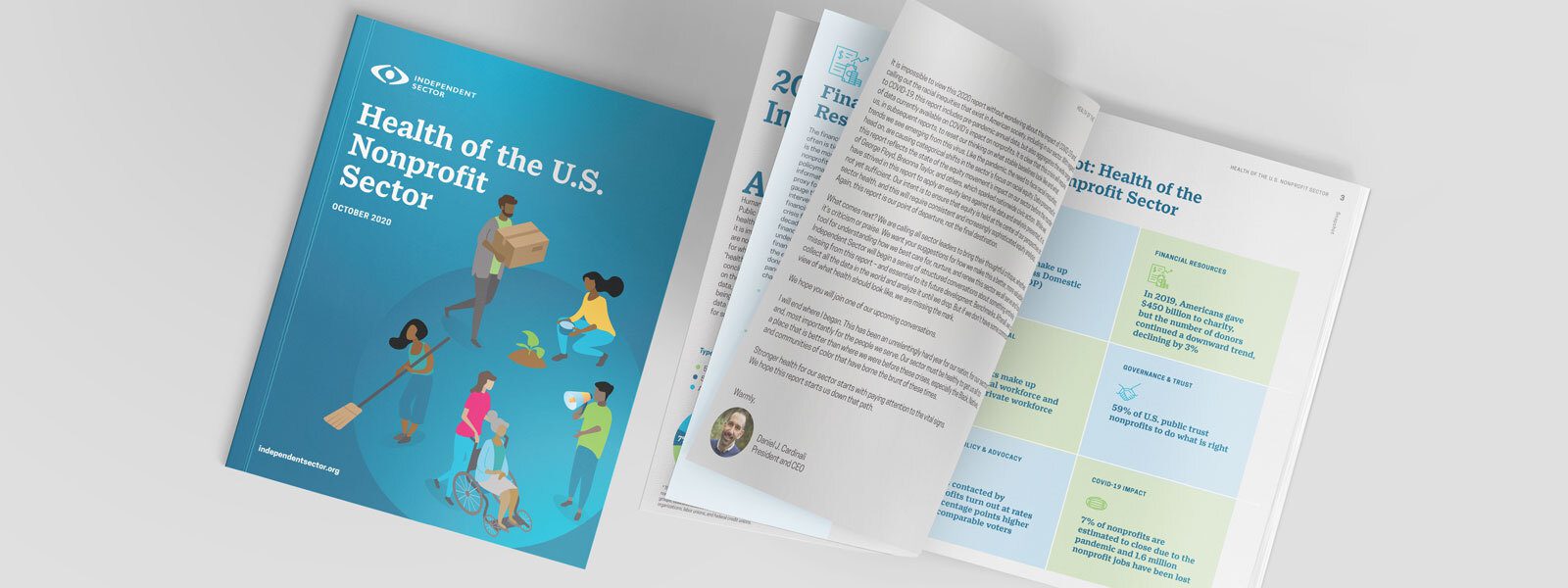Keeping it Ethical is our weekly blog series highlighting the 33 Principles for Good Governance and Ethical Practice. Throughout the series, we hope to highlight the importance of each Principle, the helpful resources associated with it, and learn more from you about how you’ve incorporated these Principles into your charitable organization.
It’s time to celebrate! Congrats, we have made it through the arduous hike across the land of effective governance. Woohoo, I am ready for the fun that is strong financial oversight and I hope you are, too! Principle 21 kicks us off with a basic rule on financial compliance — maintaining complete, accurate, and current financial records while preserving robust financial controls.
Since I’m sure you already have a fabulous board with solid governing documents in place, maintaining proper financial records should be a routine matter. Of course, if you’re not a finance person by trade you may be feeling the panic settle in right about now.
Hopefully, you know by now that we got you. So, let’s begin by breaking down what it means to maintain strong financial records and controls. Your charitable organization must:
- Retain a qualified financial expert. Look to your qualified, independent board member on this. If you don’t have a financial expert then retain one, either by paying an accounting professional, or finding a volunteer CPA, as some small nonprofits do.
- Ensure financial statements are prepared and audited according to generally accepted accounting principles (GAAP).
- According to your state rules, ensure annual financial statements are audited or reviewed as dictated by law.
- Report on your annual form 990 series whether (or not) your financial statements were a) compiled, reviewed, or audited by an independent accountant and b) an audit committee exists to select the independent auditor and oversee the process.
- Related to #4 but worth calling out, make sure your board is using the correct process to delegate audit and financial oversight, taking into account your organization’s size and structure.
Please be sure to stick with this principle, lest you be directed to this page of doom where even the IRS acknowledges that if you’re there, you’ve likely received a scary audit or review letter.
No fear though, you’re never in it alone. Enter Nonprofit Accounting Basics, some of the best folks in our finance world with a website that is a wealth of knowledge. Check out their website and thank us later.
As usual, our fabulous partners also have wisdom to share:
- State Law Nonprofit Audit Requirements – National Council of Nonprofits
- Why a nonprofit might conduct an audit – National Council of Nonprofits
- Are Your Financial Statements Trying to Tell You Something? – BoardSource
We leave you in good hands and hope you are starting to feel like a finance whiz.
Learn more about Principle 21 and the associated resources.
If you’ve got additional resources that support Principle 21, please share them or any other thoughts in the comments below, or use #npethics on social media.
Help Us Improve our Resources on Ethics & Accountability
We need your feedback to improve our ethics and accountability resources and programming. Please complete this five-minute survey by Friday, March 8. One lucky survey participant will win a free registration for the upcoming Independent Sector/Nonprofit Leadership Alliance online course on ethical leadership. The course starts in mid-April, and your free registration is transferable to a peer or colleague.



